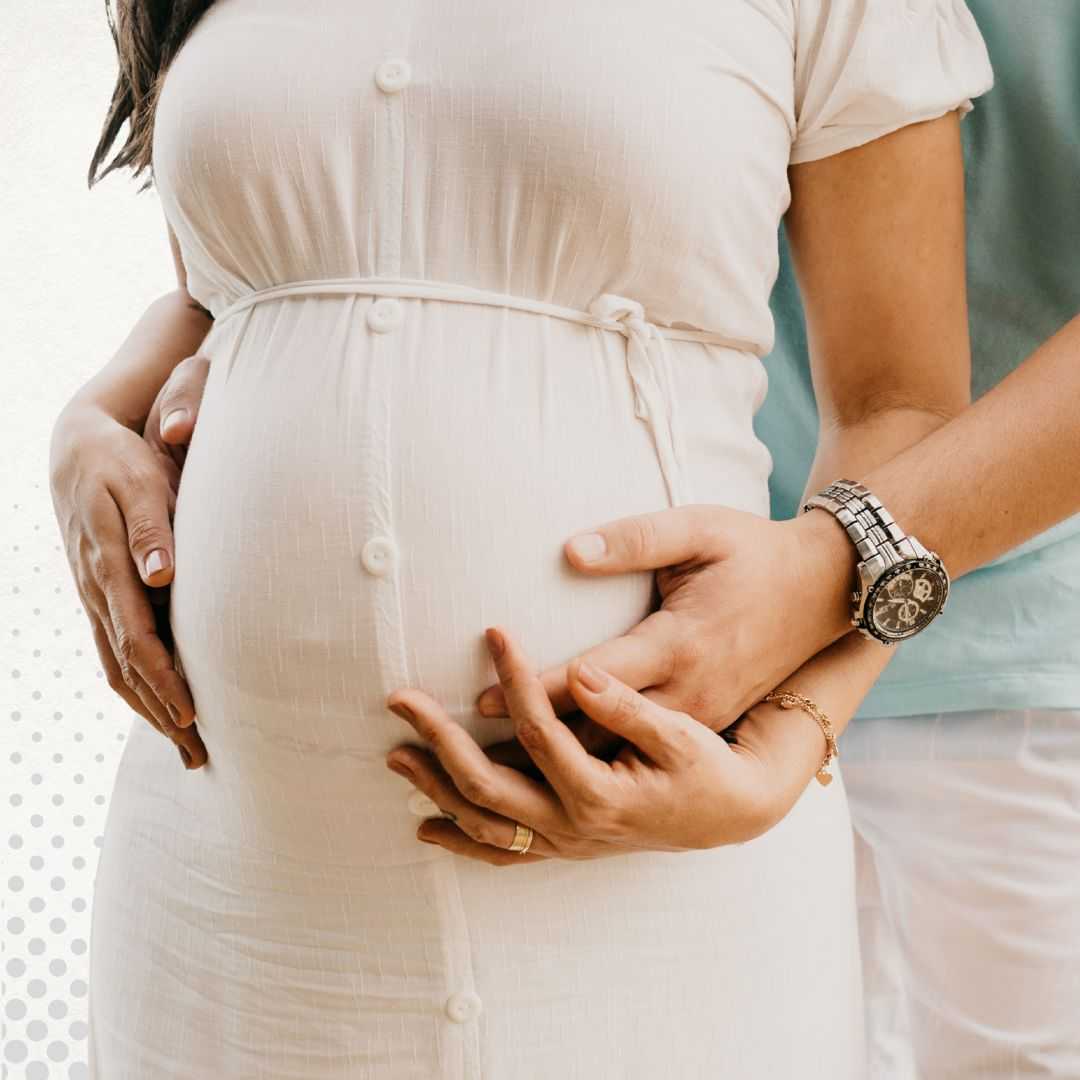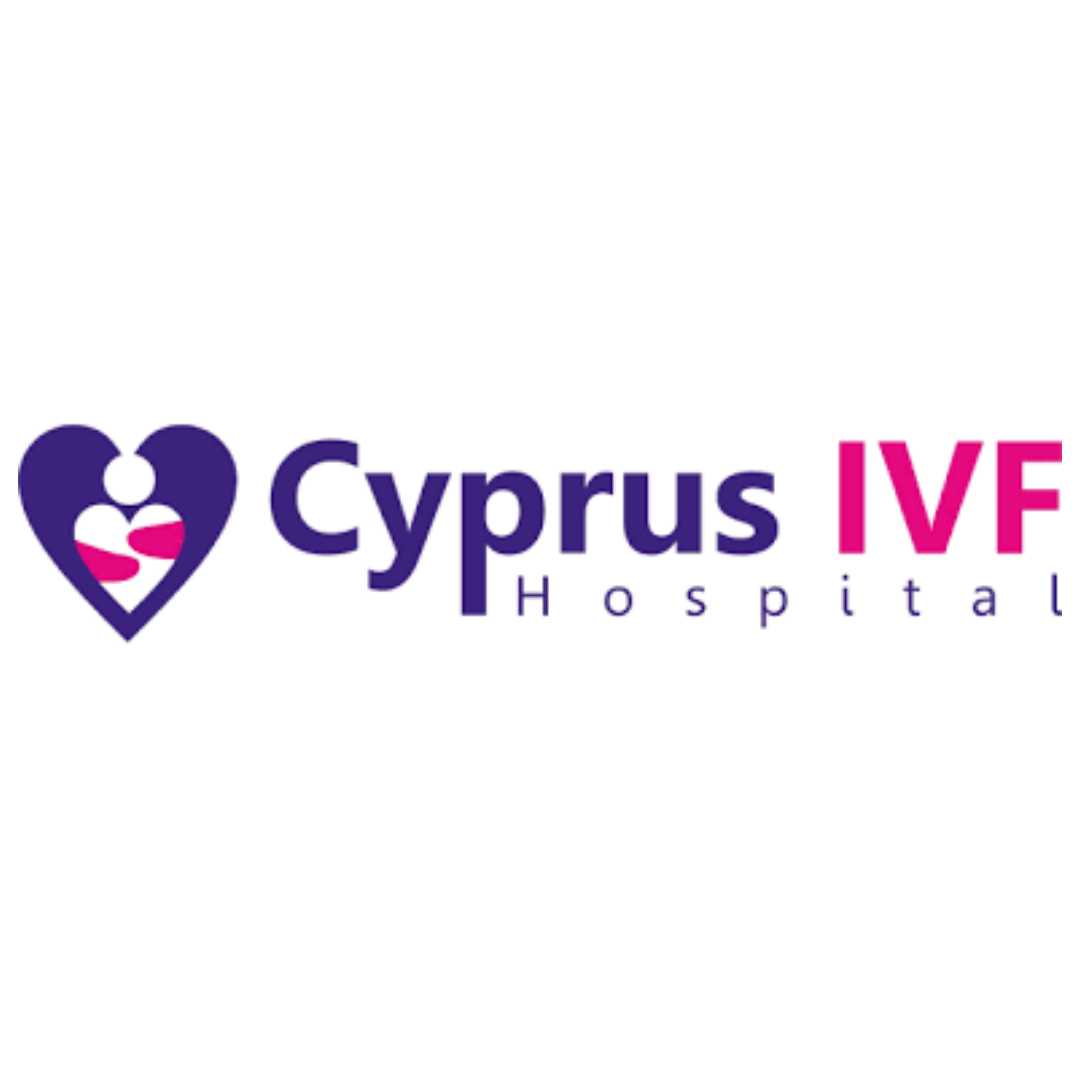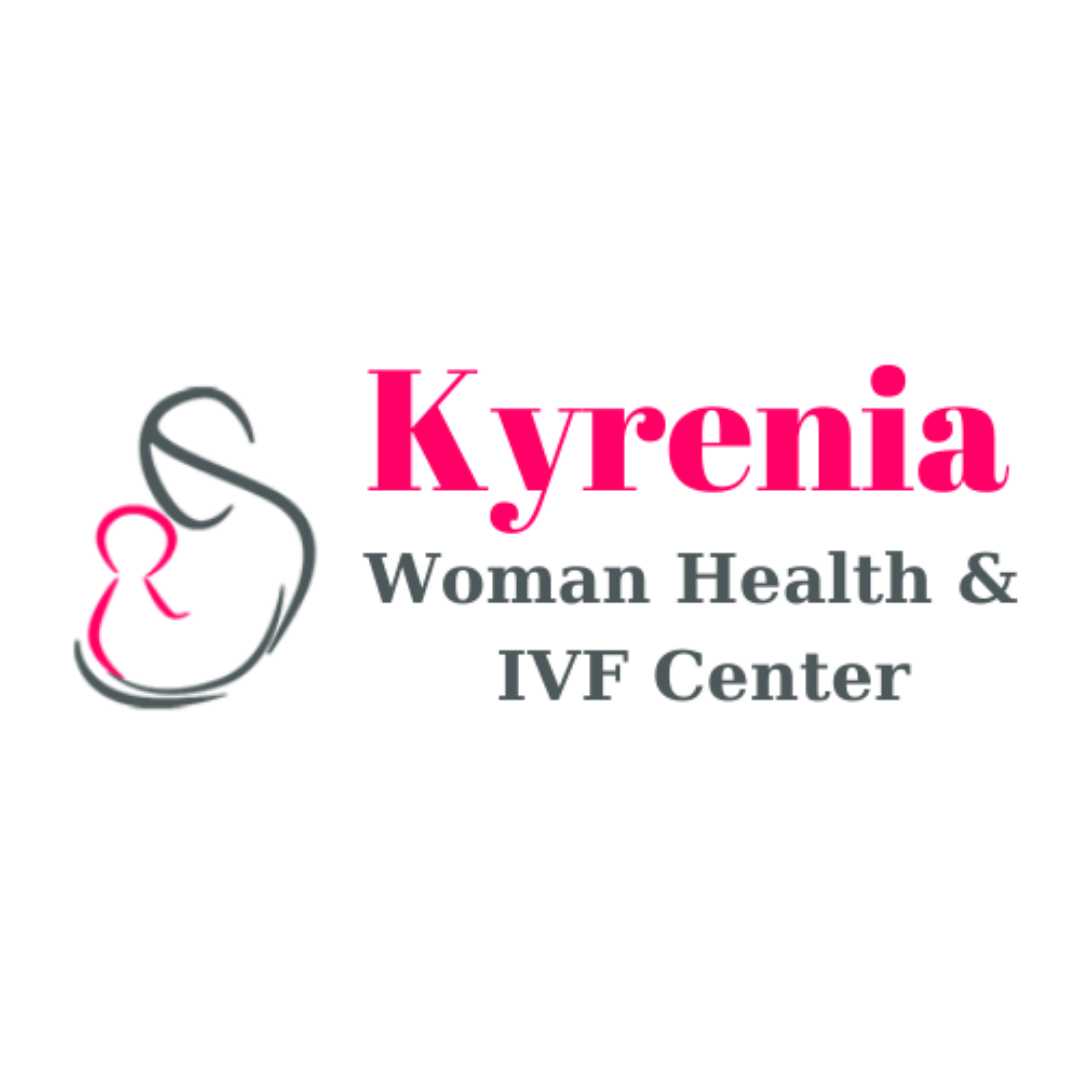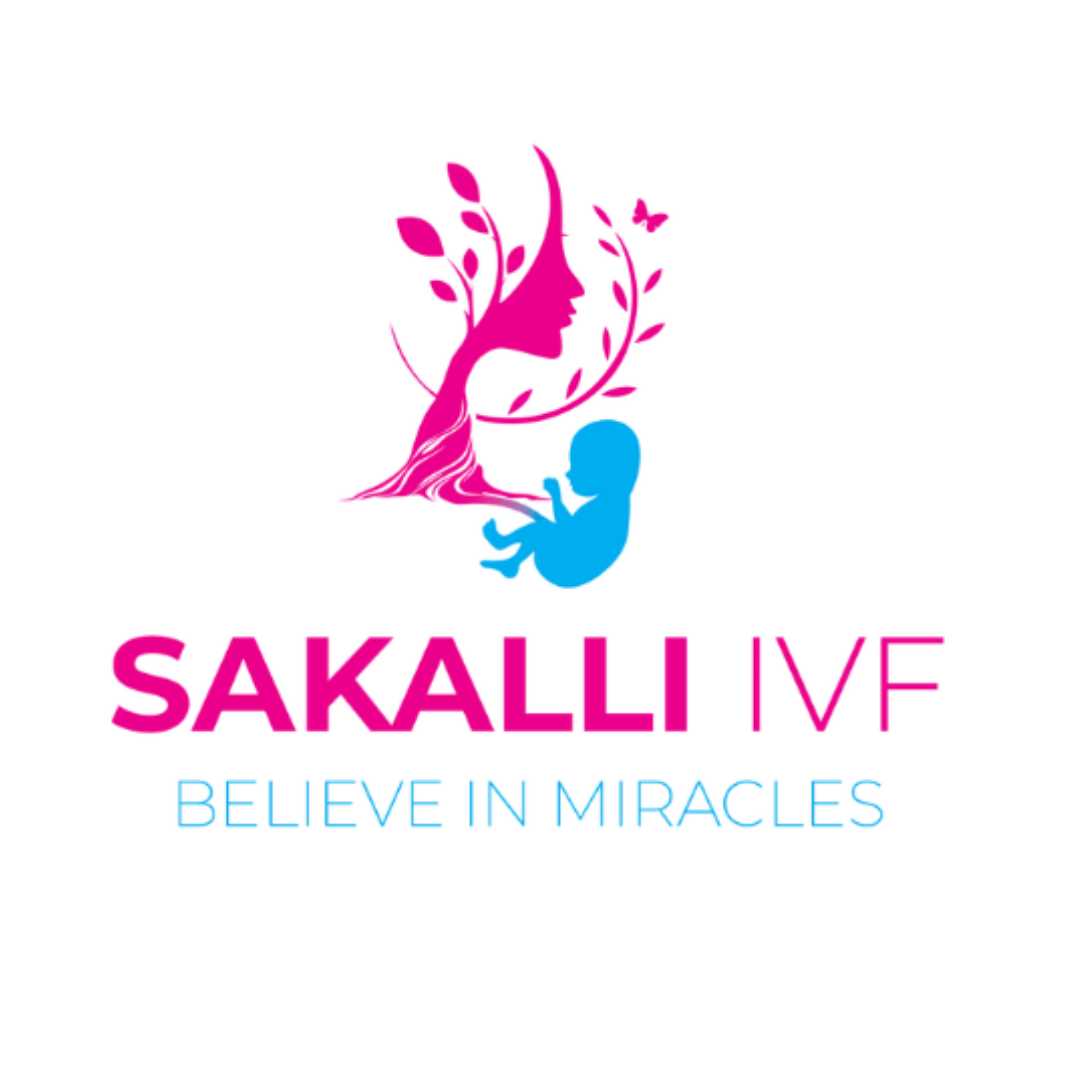PGD in Cyprus: Your Comprehensive Guide to Preimplantation Genetic Diagnosis
-in-Cyprus.png)
Welcome to a detailed exploration of Preimplantation Genetic Diagnosis (PGD) in Cyprus. If you're considering this advanced reproductive technology, you likely have many questions about how it works, what it involves, and what benefits it offers. PGD is a powerful tool used in conjunction with In Vitro Fertilization (IVF) that allows for the genetic screening of embryos before they are implanted into the uterus. This means that if you have a family history of a specific genetic disorder, or if you're concerned about chromosomal abnormalities, PGD can significantly reduce the risk of passing these conditions on to your child. Cyprus has emerged as a popular destination for PGD due to its advanced clinics, experienced specialists, and supportive legal framework. This guide will walk you through the entire process, answering the most common questions people ask about PGD in Cyprus, from the initial consultation to the exciting moment of embryo transfer.
What is Preimplantation Genetic Diagnosis (PGD)?
Preimplantation Genetic Diagnosis (PGD) is a cutting-edge technique performed as part of an IVF cycle. Its primary purpose is to identify genetic defects in embryos created through IVF before they are transferred to the woman's uterus. This allows couples at risk of passing on inherited diseases to select embryos that are free from those conditions, significantly increasing the chances of a healthy pregnancy and birth. PGD can screen for a wide range of genetic issues, from single-gene disorders like Cystic Fibrosis or Thalassemia to chromosomal abnormalities like Down Syndrome.
Who is a candidate for PGD in Cyprus?
PGD is recommended for various individuals and couples who wish to minimize the risk of passing on genetic conditions or to improve their IVF success rates. Common candidates include:
- Carriers of single-gene disorders: Couples who are known carriers of genetic diseases such as Cystic Fibrosis, Sickle Cell Anemia, Thalassemia, or Huntington's disease.
- Individuals with chromosomal rearrangements: Those who have balanced translocations or other structural chromosomal abnormalities, which can lead to recurrent miscarriages or children with severe genetic defects.
- Women of advanced maternal age: Women over 35, where the risk of aneuploidy (abnormal number of chromosomes, like in Down Syndrome) in embryos increases.
- Couples with recurrent miscarriages: When the cause of recurrent pregnancy loss is suspected to be due to chromosomal abnormalities in the embryos.
- Couples with previous failed IVF cycles: PGD can help identify and transfer chromosomally normal embryos, potentially increasing implantation rates.
- Family balancing/gender selection: In some cases, and according to local regulations, PGD can be used for gender selection, often for medical reasons related to X-linked disorders, but also for family balancing purposes in certain clinics in North Cyprus.
What is the general process of PGD in Cyprus?
The PGD process in Cyprus is an intricate journey that combines standard IVF procedures with advanced genetic testing. Here’s a step-by-step breakdown:
- Initial Consultation and Assessment: This is the first step where you meet with a fertility specialist in Cyprus. They will review your medical history, conduct various tests (blood tests for hormone levels, infectious diseases, and genetic carrier screening for both partners, as well as a transvaginal ultrasound for the female partner). This assessment helps determine the most suitable PGD approach and develops a personalized treatment plan. For couples with known genetic conditions, specific gene probes may need to be developed in advance, which can take some time.
- Ovarian Stimulation: The female partner will receive hormonal medications to stimulate her ovaries to produce multiple eggs. This increases the number of embryos available for testing, thereby improving the chances of finding genetically healthy embryos. Follicle growth is closely monitored through ultrasound scans and blood tests.
- Egg Retrieval: Once the follicles are mature, a minor surgical procedure called egg retrieval (or oocyte pick-up) is performed under light sedation. A thin needle, guided by ultrasound, is used to collect the eggs from the ovaries.
- Sperm Collection and Fertilization: On the same day as egg retrieval, the male partner provides a sperm sample. The retrieved eggs are then fertilized with the sperm in the laboratory using In Vitro Fertilization (IVF) or Intracytoplasmic Sperm Injection (ICSI). ICSI is often preferred in PGD cycles, where a single sperm is injected directly into each egg, to ensure optimal fertilization.
- Embryo Culture and Biopsy: The fertilized eggs, now embryos, are cultured in the laboratory for a few days.
- Day 3 Biopsy (Cleavage Stage): Historically, a biopsy was often performed on Day 3 when the embryo is typically at the 6-8 cell stage. One or two cells (blastomeres) are carefully removed for genetic testing.
- Day 5 Biopsy (Blastocyst Stage): More commonly now, particularly with newer genetic testing technologies like NGS, the biopsy is performed on Day 5 or Day 6 when the embryo has developed into a blastocyst. A few cells are removed from the trophectoderm (the outer layer that will form the placenta), which is considered less invasive to the inner cell mass (which forms the fetus). This stage also provides more cells for analysis and allows for more robust genetic results.
- Genetic Testing: The biopsied cells are sent to a specialized genetics laboratory for analysis. Depending on the specific condition being screened for, different techniques may be used:
- FISH (Fluorescent In Situ Hybridization): This method is typically used to screen for a limited number of chromosomes (e.g., X, Y, 13, 18, 21) and can provide results quickly, often within 24-48 hours. It's frequently used for gender selection or common aneuploidies.
- aCGH (Array Comparative Genomic Hybridization) or NGS (Next Generation Sequencing): These advanced techniques allow for a comprehensive analysis of all 24 chromosomes (22 autosomal and X and Y), providing a more detailed genetic profile and detecting a wider range of chromosomal abnormalities, including smaller deletions or duplications. NGS is particularly effective at detecting mosaicism (where an embryo has a mix of normal and abnormal cells). Results from these methods can take several days to a couple of weeks, meaning embryos are often frozen after biopsy and transferred in a subsequent cycle once results are available.
- Embryo Selection: Based on the genetic test results, only the embryos identified as genetically healthy and free from the targeted conditions are selected for transfer.
- Embryo Transfer: The chosen embryo(s) are gently transferred into the woman's uterus using a thin catheter, typically under ultrasound guidance. If the genetic testing results take longer, the healthy embryos are cryopreserved (frozen) and transferred in a frozen embryo transfer (FET) cycle at a later, more convenient time for the patient and optimal uterine lining preparation.
- Pregnancy Test: Approximately 10-14 days after the embryo transfer, a pregnancy test is performed to determine if the procedure was successful.
How long does the PGD process take in Cyprus?
The timeline for a PGD cycle in Cyprus can vary depending on individual circumstances and the type of genetic testing performed. Here's a general breakdown:
- Preparation and Initial Tests: This can take a few weeks to a couple of months, especially if specific gene probes need to be developed based on your family's genetic history.
- Ovarian Stimulation and Egg Retrieval: This phase typically lasts about 10-14 days.
- Embryo Culture and Biopsy: Embryos are cultured for 3 to 5 days before the biopsy.
- Genetic Testing Results:
- For FISH testing (screening fewer chromosomes), results can be available within 24-48 hours, allowing for a fresh embryo transfer on Day 5.
- For more comprehensive NGS or aCGH testing, results typically take 7-14 days. In such cases, the biopsied embryos are usually frozen, and the transfer occurs in a subsequent cycle once results are confirmed.
- Embryo Transfer: If fresh transfer is possible, it happens around Day 5. If frozen, it will be planned based on the woman's menstrual cycle and uterine readiness, typically a few weeks to months later.
Overall, a complete PGD cycle, from initial consultation to embryo transfer, can span from a few weeks to several months, especially if pre-cycle genetic probe development is required or if a frozen embryo transfer is performed.
Are dental implants in Turkey safe?
While the focus of this guide is on PGD in Cyprus, it's worth noting that Turkey is indeed a prominent destination for various medical procedures, including dental implants. Generally, dental implants in Turkey are considered safe, provided you choose a reputable clinic with experienced dentists and modern facilities. Many Turkish clinics are internationally accredited and maintain high standards of care. It's always crucial to research the clinic, verify the qualifications of the dental professionals, and read patient reviews to ensure a safe and successful outcome.
What are the success rates of PGD in Cyprus?
The success rates of PGD in Cyprus are generally high, primarily because the procedure helps in selecting the most viable embryos for transfer. Success rates are influenced by several factors, including:
- Female age: Younger women typically have a higher number of healthy embryos, leading to better success rates.
- Number of embryos available: A greater number of embryos for biopsy increases the likelihood of finding genetically normal ones.
- Type of genetic condition: The complexity of the genetic anomaly being screened can influence success.
- Clinic expertise and technology: The experience of the embryology team and the advanced nature of the genetic testing laboratory play a significant role.
While PGD cannot guarantee a pregnancy, it significantly improves the chances of a healthy, successful pregnancy by reducing the risk of transferring embryos with genetic defects or chromosomal abnormalities. Many clinics in Cyprus report competitive success rates, often on par with leading international centers.
What are the legal aspects of PGD in Cyprus?
The legal landscape surrounding PGD in Cyprus is one of the reasons it's a popular destination for fertility tourism. The regulations can differ slightly between the Republic of Cyprus (South Cyprus, an EU member) and North Cyprus. Generally:
- Genetic Disease Screening: PGD for the detection of serious genetic disorders is widely permitted and accepted.
- Gender Selection:
- In the Republic of Cyprus (South Cyprus), gender selection for non-medical reasons is generally not permitted. It is allowed only when there's a medical necessity to prevent the transmission of a gender-linked genetic disease.
- In North Cyprus, gender selection for family balancing purposes is typically allowed. This more liberal approach makes North Cyprus a preferred choice for couples specifically seeking to choose the sex of their baby. However, it's important to confirm the latest regulations and clinic policies as they can evolve.
- Embryo Storage: There are regulations regarding the storage of embryos, including the maximum storage duration, which clinics will inform you about.
It is always advisable to discuss the specific legal aspects with your chosen clinic in Cyprus to ensure full compliance with their local regulations and to understand how they apply to your particular situation.
What is the cost of PGD in Cyprus?
The cost of PGD in Cyprus can vary significantly based on several factors, including the specific clinic, the type of genetic testing (e.g., FISH vs. NGS), the number of embryos being tested, and whether additional services are required. On average, a PGD cycle in Cyprus can range from approximately €4,000 to €7,000, in addition to the cost of the IVF cycle itself. Many clinics offer package deals that include the IVF treatment and PGD, which can be more cost-effective. It's crucial to get a detailed breakdown of costs from your chosen clinic, ensuring it includes all aspects from initial consultations and medications to the genetic testing and embryo transfer.
Factors influencing the cost include:
- Initial consultation and tests: These may be billed separately or included in a package.
- Medication for ovarian stimulation: This can be a significant part of the overall cost.
- IVF procedure: Egg retrieval, fertilization, and embryo culture.
- Embryo biopsy: The procedure to extract cells from the embryos.
- Genetic laboratory analysis: The cost of the actual PGD/PGS test per embryo or per batch of embryos. NGS testing, being more comprehensive, is typically more expensive than FISH.
- Embryo freezing and storage: If a fresh transfer isn't possible or preferred, freezing and storage fees apply.
- Embryo transfer: The procedure to transfer the selected embryo(s).
While the initial cost might seem substantial, many couples find it a worthwhile investment given the peace of mind and increased chances of a healthy pregnancy that PGD offers, especially when compared to the emotional and financial burden of repeated miscarriages or having a child with a severe genetic condition.
What are the risks associated with PGD?
While PGD is a highly advanced and generally safe procedure, it's important to be aware of the potential, albeit rare, risks:
- Embryo Damage during Biopsy: There's a very small risk that the embryo could be damaged during the cell biopsy procedure. However, with experienced embryologists and advanced techniques like laser-assisted biopsy, this risk is minimized.
- Misdiagnosis: Although PGD is highly accurate (often over 97-99%), there's a slight chance of misdiagnosis (false positive or false negative). This could lead to a genetically abnormal embryo being transferred or a healthy embryo being discarded. Confirmatory prenatal testing (like amniocentesis or chorionic villus sampling) is sometimes recommended during pregnancy to verify the PGD results.
- No Normal Embryos for Transfer: After testing, there's a possibility that none of the embryos are found to be genetically normal or free of the targeted condition. This can be emotionally challenging and means the cycle may not result in an embryo transfer.
- Mosaicism: Some embryos may exhibit mosaicism, meaning they contain a mix of both normal and abnormal cells. Interpreting mosaic results can be complex, and clinics will advise on the viability and risks associated with transferring mosaic embryos.
- Risks associated with IVF: As PGD is performed in conjunction with IVF, it carries the general risks of IVF, such as Ovarian Hyperstimulation Syndrome (OHSS) from fertility medications, and the typical risks associated with egg retrieval.
It's crucial to have a thorough discussion with your fertility specialist about these risks and how they apply to your specific situation.
What is the difference between PGD and PGS (PGT-A)?
The terms PGD and PGS (now more commonly referred to as PGT-A) are often used interchangeably, but they serve distinct purposes:
- PGD (Preimplantation Genetic Diagnosis): This is used when there's a known genetic disorder or specific chromosomal rearrangement in the family. PGD specifically tests for that particular genetic condition, allowing couples who are carriers or affected by a hereditary disease to avoid passing it on to their children. Examples include screening for Cystic Fibrosis, Thalassemia, Huntington's Disease, or specific chromosomal translocations.
- PGS (Preimplantation Genetic Screening) / PGT-A (Preimplantation Genetic Testing for Aneuploidy): This type of testing screens embryos for numerical chromosomal abnormalities (aneuploidies), such as an extra or missing chromosome. These abnormalities are often random and not inherited, but their incidence increases with maternal age. PGT-A aims to identify embryos with the correct number of chromosomes, thereby improving IVF success rates, reducing miscarriage rates, and decreasing the risk of having a baby with conditions like Down Syndrome (Trisomy 21), Edwards Syndrome (Trisomy 18), or Patau Syndrome (Trisomy 13). PGT-A is a general screening for chromosomal health, while PGD is targeted at a specific known genetic issue.
Many clinics in Cyprus offer both PGD and PGT-A, and sometimes both types of testing are performed on the same embryo.
Can PGD be used for gender selection in Cyprus?
As mentioned in the legal aspects section, the use of PGD for gender selection in Cyprus depends on the specific region:
- In North Cyprus, PGD is widely offered and legally permissible for gender selection, often for family balancing purposes, allowing parents to choose the sex of their child.
- In the Republic of Cyprus (South Cyprus), gender selection using PGD is generally restricted to medical indications, primarily to prevent the inheritance of sex-linked genetic disorders (e.g., certain forms of muscular dystrophy or hemophilia) that affect one gender more than the other.
Couples interested in gender selection using PGD should confirm the specific regulations and policies with their chosen clinic in Cyprus.
What preparatory tests are needed before PGD in Cyprus?
Before undergoing PGD in Cyprus, both partners will need to undergo a series of preparatory tests to assess their fertility and overall health, and to identify the specific genetic markers for targeted PGD. These tests typically include:
- For the Female Partner:
- Hormone blood tests: FSH, LH, E2 (estradiol), AMH (Anti-Müllerian Hormone, to assess ovarian reserve), TSH (Thyroid Stimulating Hormone), and Prolactin.
- Transvaginal ultrasound scan: To assess antral follicle count (egg supply) and check for any uterine or ovarian abnormalities.
- Infectious disease screening: HIV, Hepatitis B and C, Syphilis, Rubella, CMV, Toxoplasmosis.
- Karyotyping: To analyze her chromosomes for any structural abnormalities if indicated.
- For the Male Partner:
- Semen analysis: To evaluate sperm count, motility, and morphology.
- Infectious disease screening: HIV, Hepatitis B and C, Syphilis.
- Karyotyping: To analyze his chromosomes if indicated.
- For Both Partners (if applicable):
- Genetic carrier screening: If there's a family history of a specific genetic disorder, or for general screening, blood samples will be taken to identify if either partner carries the gene mutation. This is crucial for developing the specific genetic probe for PGD.
- Consultation with a genetic counselor: To discuss the hereditary condition, inheritance patterns, and the implications of PGD.
These tests help the fertility clinic in Cyprus develop a personalized treatment plan and ensure the highest chance of success.
What happens if no healthy embryos are found after PGD?
Finding no healthy embryos after PGD can be a deeply challenging and disappointing outcome. If this occurs, the fertility clinic in Cyprus will typically offer a comprehensive consultation to discuss the next steps. Options may include:
- Another PGD Cycle: Depending on the reason for no healthy embryos (e.g., low number of eggs, high percentage of abnormal embryos due to age), another IVF/PGD cycle might be recommended. The clinic may adjust the stimulation protocol or other aspects of the treatment to try and improve the outcome.
- Donor Eggs or Sperm: If the genetic issue or egg/sperm quality is severely impacting the chances of finding healthy embryos, using donor eggs or donor sperm may be presented as an option. This can significantly increase the likelihood of obtaining genetically normal embryos.
- Embryo Donation: For some couples, embryo donation (using embryos from other couples) may be considered.
- Adoption: While not a medical solution, adoption remains a viable and fulfilling path to parenthood for many.
- Accepting the Risk: In rare cases, if no other options are suitable, and after thorough genetic counseling, a couple might consider conceiving naturally and undergoing prenatal diagnostic testing, understanding the risks involved.
The clinic's support team, including counselors, will be available to help you navigate this difficult situation and explore all available possibilities.
Is it necessary to travel to Cyprus for the entire PGD process?
While some preliminary steps can be completed in your home country, traveling to Cyprus is necessary for the core procedures of PGD. Here's how it typically works:
- Initial Consultations and Preliminary Tests: Many clinics in Cyprus offer initial online consultations. Some basic blood tests and ultrasounds can often be performed by your local doctor and the results sent to the Cypriot clinic for review. This can help streamline the process and reduce your initial time in Cyprus.
- Ovarian Stimulation (Partial or Full): You might be able to start your ovarian stimulation medications in your home country under the guidance of the Cypriot clinic's medical team. However, monitoring scans and blood tests to track follicle growth will need to be coordinated closely with the clinic. Some clinics prefer you to arrive early enough to undergo the full stimulation phase under their direct supervision.
- Key Procedures in Cyprus: You will definitely need to be in Cyprus for:
- Egg Retrieval: This is a surgical procedure performed at the clinic.
- Sperm Collection and Fertilization: Happens concurrently with egg retrieval.
- Embryo Biopsy: Performed in the clinic's embryology lab.
- Embryo Transfer: The final step of placing the selected embryos into the uterus.
Therefore, expect to spend at least 1 to 3 weeks in Cyprus, depending on the clinic's specific protocol, whether you do a fresh or frozen embryo transfer, and if you start stimulation locally or entirely in Cyprus. Clinics are generally adept at coordinating with international patients to minimize travel time where possible.
What are the types of genetic conditions PGD can detect?
PGD is a versatile tool capable of detecting a broad spectrum of genetic conditions. These generally fall into two main categories:
- Single-Gene Disorders: These are conditions caused by a mutation in a single gene. If both parents are carriers of such a gene, there's a risk their child will inherit the disorder. Examples include:
- Cystic Fibrosis
- Thalassemia (Alpha and Beta)
- Sickle Cell Anemia
- Huntington's Disease
- Spinal Muscular Atrophy (SMA)
- Fragile X Syndrome
- Muscular Dystrophy
- Tay-Sachs Disease
- BRCA1/BRCA2 mutations (for hereditary breast and ovarian cancer predisposition)
- Chromosomal Abnormalities: These involve changes in the number or structure of chromosomes.
- Aneuploidies: Incorrect number of chromosomes (e.g., Trisomy 21/Down Syndrome, Trisomy 18/Edwards Syndrome, Trisomy 13/Patau Syndrome, Turner Syndrome (Monosomy X), Klinefelter Syndrome (XXY)). These are primarily detected by PGT-A.
- Structural Rearrangements: Such as translocations (balanced or unbalanced), inversions, deletions, or duplications of chromosome segments. PGD is used to identify embryos with the correct, balanced set of chromosomes in carriers of these rearrangements.
The specific conditions that can be tested for depend on the genetic analysis capabilities of the PGD laboratory and whether a specific gene probe can be developed for the family's unique genetic mutation.
How accurate is PGD in detecting genetic conditions?
PGD is renowned for its high accuracy in detecting genetic conditions, typically ranging from 97% to 99%. This high level of accuracy is achieved through advanced genetic analysis techniques like NGS and aCGH, along with stringent quality control measures in specialized laboratories. However, it's important to understand that no medical test is 100% foolproof. A tiny margin for error exists due to factors such as:
- Sampling Error: The biopsy takes a very small number of cells, and there's a minute chance that the biopsied cells might not perfectly represent the entire embryo's genetic makeup (though this is less common with blastocyst biopsies).
- Mosaicism: As mentioned, some embryos may have a mixture of normal and abnormal cells. While advanced PGD techniques can detect mosaicism, interpreting its clinical significance can sometimes be challenging.
- Technical Limitations: Although rare, technical issues in the laboratory can occur.
Due to these factors, some clinics may recommend confirmatory prenatal diagnostic testing (such as amniocentesis or chorionic villus sampling) once a pregnancy is established, especially for critical genetic conditions. This provides an additional layer of assurance.
What should I consider when choosing a PGD clinic in Cyprus?
Choosing the right PGD clinic in Cyprus is a critical decision. Here are key factors to consider:
- Expertise and Experience: Look for clinics with a long-standing history of performing PGD, highly experienced embryologists, geneticists, and fertility specialists. Inquire about their specific experience with the genetic condition you are screening for.
- Success Rates: While individual results vary, compare the clinic's published success rates for PGD cycles, taking into account factors like patient age and the type of PGD performed.
- Technology and Laboratory: Ensure the clinic utilizes advanced genetic testing technologies like Next Generation Sequencing (NGS) or Array Comparative Genomic Hybridization (aCGH) for comprehensive and accurate results. Inquire about their embryology lab's accreditation and quality control.
- Accreditation and Regulations: Confirm that the clinic is fully licensed and regulated by the relevant health authorities in Cyprus. If choosing a clinic in North Cyprus, understand their specific regulatory framework.
- Transparency in Pricing: Request a detailed breakdown of all costs associated with the PGD cycle, including IVF, biopsy, genetic testing, medications, and any potential additional fees (e.g., freezing and storage).
- Patient Support and Communication: Assess their communication channels, response times, and the level of personalized support they offer, especially for international patients. Multilingual staff is a plus.
- Patient Reviews and Testimonials: Look for independent reviews and testimonials from past patients to gauge their overall experience with the clinic's care, professionalism, and outcomes.
- Personalized Treatment Plan: A good clinic will tailor the treatment plan to your specific needs, rather than offering a one-size-fits-all approach.
- Proximity and Logistics: Consider the practical aspects of travel, accommodation, and local support services.
What is the recovery like after egg retrieval and embryo transfer?
Understanding the recovery process is important for planning your time in Cyprus and managing expectations:
- After Egg Retrieval:
- You will receive light sedation, so you'll need someone to accompany you after the procedure.
- Most women experience mild to moderate cramping, similar to menstrual cramps, and some light spotting for a day or two.
- Bloating and a feeling of fullness in the abdomen are also common due to the stimulated ovaries.
- Rest is recommended for the first 24 hours. Most women can resume light activities within a day or two, but strenuous exercise should be avoided.
- Pain relief medication will be prescribed to manage discomfort.
- In rare cases, more severe symptoms like significant pain, heavy bleeding, or signs of Ovarian Hyperstimulation Syndrome (OHSS) require immediate medical attention.
- After Embryo Transfer:
- This procedure is generally painless and non-invasive, similar to a Pap smear.
- You will typically rest for a short period at the clinic after the transfer.
- Most clinics recommend taking it easy for the remainder of the day, avoiding strenuous activities, heavy lifting, and sexual intercourse.
- Some women report mild cramping or spotting, but this is usually normal.
- You can generally resume normal, light daily activities the day after the transfer. There is no evidence that strict bed rest improves pregnancy rates.
Your clinic in Cyprus will provide detailed post-procedure instructions and be available for any concerns you may have during your recovery.
For those exploring options for family building or addressing genetic concerns, PlacidWay offers comprehensive support and access to leading clinics in destinations like Cyprus. Explore PlacidWay's resources to discover solutions tailored to your medical tourism and healthcare needs.


.png)



.png)
.png)
.png)

.png)






Share this listing